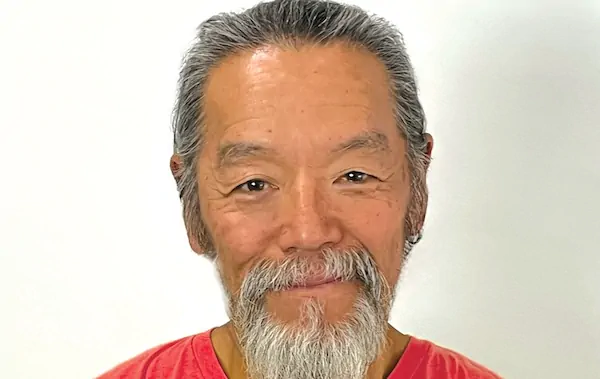One of the complexities of being an executor
There is no question that being an executor can involve complexities. This article discusses briefly some that occur when a child or children under the age of 18 are beneficiaries of the will for the estate which you are administering. (All references in this article to a “child” mean a person under the age of 18.)
Many people do not recognize that having a child as a direct beneficiary of an estate can add another complexity to the already difficult role of being an executor. In such cases, it is generally required that you involve the Office of the Public Guardian and Trustee. There are two components to this Office. It includes the Public Trustee and the Public Guardian. The Public Trustee has the role of protecting the property of minors and unborn persons.
The Public Trustee must be involved in some way when a child has a direct interest in an estate as a beneficiary. It may be minor or in some cases, considerable.
The Public Trustee must be served when you make application for a grant of probate or administration where a child or unborn person is a beneficiary. (A grant of administration refers to a situation where there is no will.) If you do not serve the Public Trustee it can delay getting probate. Once served, the Public Trustee has no obligation to be involved further unless they see a need.
However, depending on the amount given to a child and other provisions of the will, you may need to further involve the Public Trustee. While there are exceptions, only under certain circumstances is it appropriate to give the money to the child’s parent to hold for the child.
In some circumstances, funds from the estate will need to be paid to the Public Trustee to hold for the child until they are of age, unless the Court approves another person to act as trustee. When the Public Trustee receives funds, it invests it in its own fund and pays interest, currently at a rate of 2.5%.
While the annual fee of the Public Trustee for holding the funds is nominal depending on the amount held, there are some additional costs for managing the file.
If a child is the beneficiary of proceeds of the sale of land by an estate, the Public Trustee must consent to the sale.
If insurance is payable to a child and no trustee is named, the Public Trustee will need to be involved.
These are just a few situations where the Public Trustee is involved. If you are acting as executor of an estate or administrator of an estate without a will, and a child is a direct beneficiary, it is important to obtain appropriate advice about any needed involvement of the Public Trustee. Obtain advice about dealing with the funds for a child. To get appropriate advice, consult a lawyer, a certified executor advisor or other appropriate advisor.
Sylvia Carruthers























